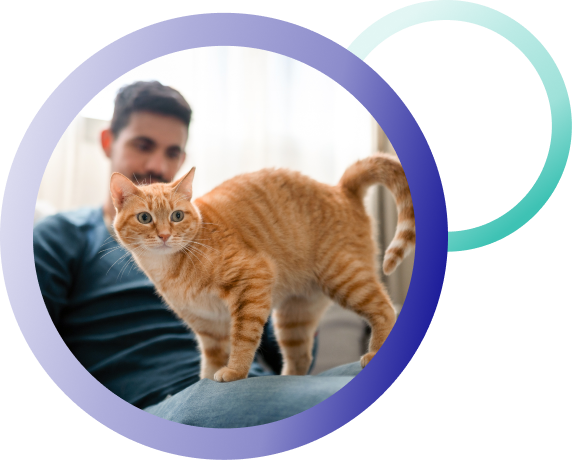Pet Care Guides
Featuring top tips and helpful hints, our Pet Guides help to ensure you give the best care to your companion animals!

Featuring top tips and helpful hints, our Pet Guides help to ensure you give the best care to your companion animals!
